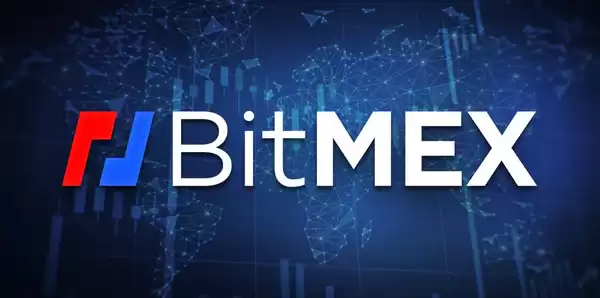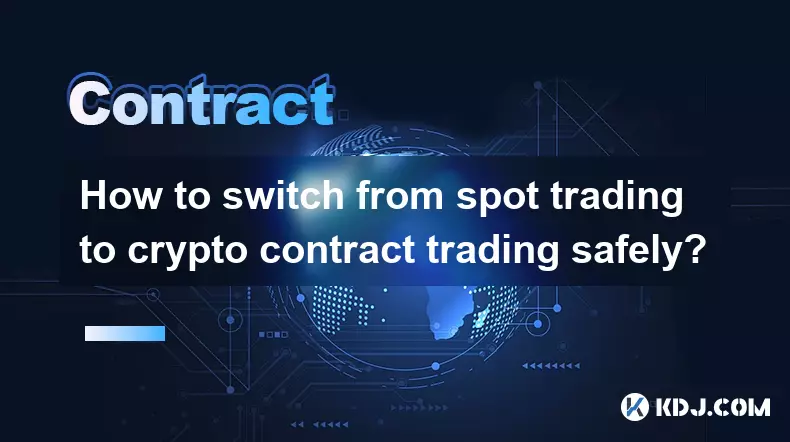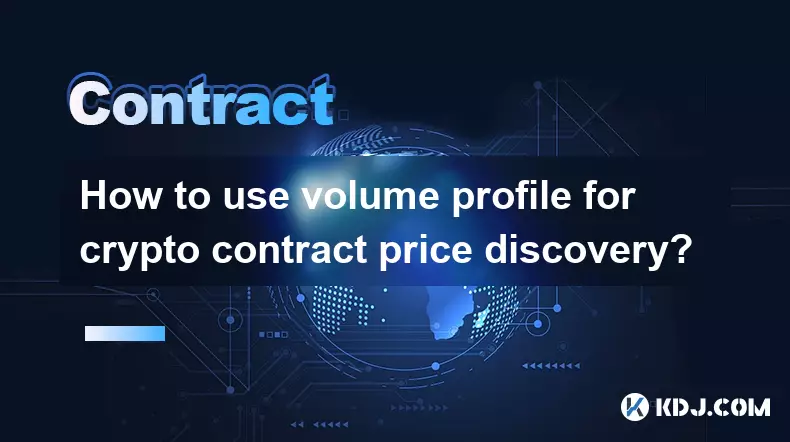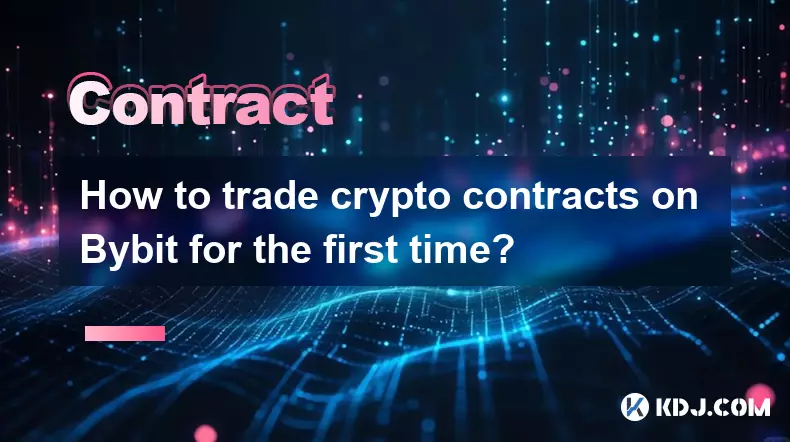-
 bitcoin
bitcoin $87959.907984 USD
1.34% -
 ethereum
ethereum $2920.497338 USD
3.04% -
 tether
tether $0.999775 USD
0.00% -
 xrp
xrp $2.237324 USD
8.12% -
 bnb
bnb $860.243768 USD
0.90% -
 solana
solana $138.089498 USD
5.43% -
 usd-coin
usd-coin $0.999807 USD
0.01% -
 tron
tron $0.272801 USD
-1.53% -
 dogecoin
dogecoin $0.150904 USD
2.96% -
 cardano
cardano $0.421635 USD
1.97% -
 hyperliquid
hyperliquid $32.152445 USD
2.23% -
 bitcoin-cash
bitcoin-cash $533.301069 USD
-1.94% -
 chainlink
chainlink $12.953417 USD
2.68% -
 unus-sed-leo
unus-sed-leo $9.535951 USD
0.73% -
 zcash
zcash $521.483386 USD
-2.87%
How to play BitMEX delivery contracts
Playing BitMEX delivery contracts offers a rewarding trading path for crypto enthusiasts, but necessitates a clear understanding of the inherent risks to navigate market volatility and regulatory uncertainties.
Nov 10, 2024 at 02:37 am

BitMEX is a leading cryptocurrency derivatives exchange that offers a wide range of trading products, including delivery contracts. Delivery contracts are futures contracts that allow traders to speculate on the future price of a cryptocurrency. They are settled in the underlying cryptocurrency, which means that the trader will receive or deliver the cryptocurrency at the end of the contract period.
Playing BitMEX delivery contracts can be a profitable way to trade cryptocurrencies, but it is also important to understand the risks involved. This guide will provide you with a step-by-step guide on how to play BitMEX delivery contracts.
Step 1: Create a BitMEX AccountThe first step is to create a BitMEX account. You can do this by visiting the BitMEX website and clicking on the "Sign Up" button. You will need to provide your email address, create a password, and agree to the terms of service.
Step 2: Fund Your AccountOnce you have created an account, you will need to fund it with Bitcoin (BTC). You can do this by sending BTC to your BitMEX deposit address. The deposit address can be found on the "Deposit" page.
Step 3: Choose a ContractBitMEX offers a variety of delivery contracts, including contracts for Bitcoin, Ethereum, Litecoin, and Ripple. You can choose which contract to trade based on your market outlook.
Step 4: Place an OrderOnce you have chosen a contract, you can place an order. You can do this by clicking on the "Trade" button and selecting the "Delivery" tab. You will need to specify the following information:
- Contract: The contract you want to trade
- Side: Whether you want to buy or sell the contract
- Quantity: The number of contracts you want to trade
- Price: The price at which you want to execute the order
- Order Type: The type of order you want to place (market order, limit order, stop order, etc.)
Once you have placed an order, you can monitor it on the "Orders" page. You can see the current status of your order, as well as the price at which it was executed.
Step 6: Close Your PositionWhen you are ready to close your position, you can do so by placing a closing order. You can do this by clicking on the "Close Position" button on the "Positions" page. You will need to specify the following information:
- Position: The position you want to close
- Quantity: The number of contracts you want to close
- Price: The price at which you want to close the position
Playing BitMEX delivery contracts can be a profitable way to trade cryptocurrencies, but it is also important to understand the risks involved. Here are some of the risks:
- Market risk: The price of cryptocurrencies can fluctuate rapidly, which can lead to losses.
- Volatility risk: Delivery contracts are often more volatile than the underlying cryptocurrency, which can increase the risk of losses.
- Margin risk: Delivery contracts are traded on margin, which means that you can lose more money than you deposit.
- Regulatory risk: The cryptocurrency industry is still in its early stages, and the regulatory landscape is constantly changing. This could impact the availability of delivery contracts in the future.
Disclaimer:info@kdj.com
The information provided is not trading advice. kdj.com does not assume any responsibility for any investments made based on the information provided in this article. Cryptocurrencies are highly volatile and it is highly recommended that you invest with caution after thorough research!
If you believe that the content used on this website infringes your copyright, please contact us immediately (info@kdj.com) and we will delete it promptly.
- Beyond the Forecast: Is Carol Kirkwood's Departure a Whisper of BBC's Lingering 'Token Woman' Problem?
- 2026-02-01 16:25:01
- Bitcoin Plunges Amidst Liquidity Worries: A Record Low for Crypto Sentiment?
- 2026-02-01 16:25:01
- Pi Network's Mainnet: A Crypto Milestone Unveils a Complex Market Picture
- 2026-02-01 16:20:02
- Top Watch: Emerging Cryptocurrencies Charting New Territories in 2026
- 2026-02-01 16:15:01
- Wall Street Whales, DeFi Dynamos, and the Cross-Asset Surge: Decoding BTC, ETH, and Hyperliquid's Latest Plays
- 2026-02-01 13:00:02
- Dogecoin's Identity Crisis: From Meme Darling to Digital Identity Quandary
- 2026-02-01 16:15:01
Related knowledge

How to understand the impact of Bitcoin ETFs on crypto contracts?
Feb 01,2026 at 04:19pm
Bitcoin ETFs and Market Liquidity1. Bitcoin ETFs introduce institutional capital directly into the spot market, increasing order book depth and reduci...

How to trade DeFi contracts during the current liquidity surge?
Feb 01,2026 at 07:00am
Understanding Liquidity Dynamics in DeFi Protocols1. Liquidity surges in DeFi are often triggered by coordinated capital inflows from yield farming in...

How to trade micro-cap crypto contracts with high growth potential?
Feb 01,2026 at 02:20pm
Understanding Micro-Cap Crypto Contracts1. Micro-cap crypto contracts refer to derivative instruments tied to tokens with market capitalizations under...

How to switch from spot trading to crypto contract trading safely?
Feb 01,2026 at 03:59pm
Understanding the Core Differences Between Spot and Contract Trading1. Spot trading involves the immediate exchange of cryptocurrencies for fiat or ot...

How to use volume profile for crypto contract price discovery?
Feb 01,2026 at 09:39am
Understanding Volume Profile Basics1. Volume profile is a visual representation of trading activity at specific price levels over a defined time perio...

How to trade crypto contracts on Bybit for the first time?
Feb 01,2026 at 04:00am
Setting Up Your Bybit Account1. Visit the official Bybit website and click the 'Sign Up' button located at the top right corner of the homepage. 2. En...

How to understand the impact of Bitcoin ETFs on crypto contracts?
Feb 01,2026 at 04:19pm
Bitcoin ETFs and Market Liquidity1. Bitcoin ETFs introduce institutional capital directly into the spot market, increasing order book depth and reduci...

How to trade DeFi contracts during the current liquidity surge?
Feb 01,2026 at 07:00am
Understanding Liquidity Dynamics in DeFi Protocols1. Liquidity surges in DeFi are often triggered by coordinated capital inflows from yield farming in...

How to trade micro-cap crypto contracts with high growth potential?
Feb 01,2026 at 02:20pm
Understanding Micro-Cap Crypto Contracts1. Micro-cap crypto contracts refer to derivative instruments tied to tokens with market capitalizations under...

How to switch from spot trading to crypto contract trading safely?
Feb 01,2026 at 03:59pm
Understanding the Core Differences Between Spot and Contract Trading1. Spot trading involves the immediate exchange of cryptocurrencies for fiat or ot...

How to use volume profile for crypto contract price discovery?
Feb 01,2026 at 09:39am
Understanding Volume Profile Basics1. Volume profile is a visual representation of trading activity at specific price levels over a defined time perio...

How to trade crypto contracts on Bybit for the first time?
Feb 01,2026 at 04:00am
Setting Up Your Bybit Account1. Visit the official Bybit website and click the 'Sign Up' button located at the top right corner of the homepage. 2. En...
See all articles
























![[Audio stories] Streamer Became a Billionaire Overnight After Buying One Junk Coin [Audio stories] Streamer Became a Billionaire Overnight After Buying One Junk Coin](/uploads/2026/02/01/cryptocurrencies-news/videos/origin_697eaa9a495ed_image_500_375.webp)

















































